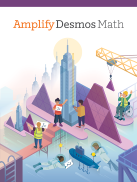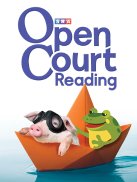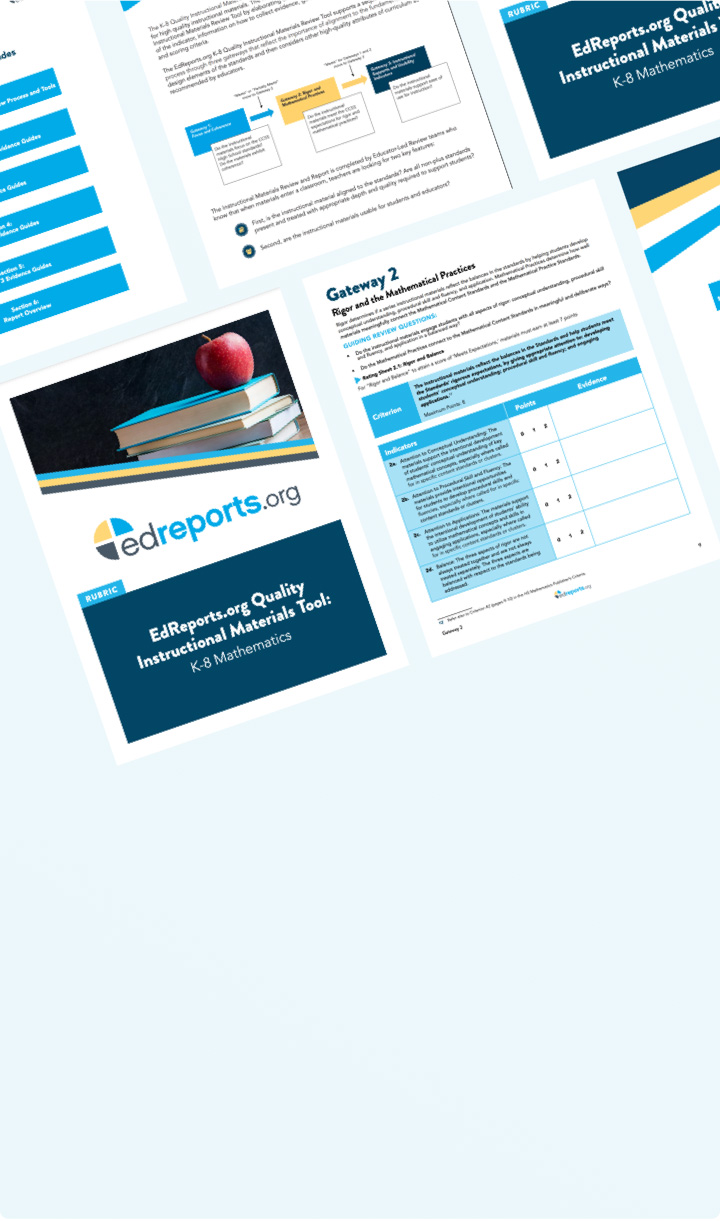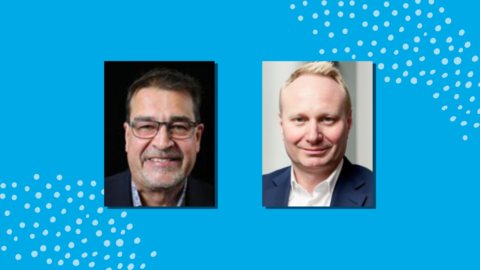Materials Matter
We provide free reports that help you evaluate instructional materials because high-quality content matters to teachers, to kids, and to our collective future.
Recent Reports
Explore our latest reviews of K-12 math, English language arts, and science instructional materials.
More reports
are available
Our Process:
How Reports Are Developed
Why We Care
At EdReports, we know materials matter for kids. Our mission is to increase the capacity of teachers, administrators, and leaders to seek, identify, and demand high-quality instructional materials to ensure students at all levels receive an excellent education.
Student Learning
Rigorous college and career-ready standards can improve and deepen student learning. What is taught matters.
High Expectations for All
Not all students have the same access to high-quality instructional materials and this perpetuates the opportunity gap.
Equity
When teachers are provided with high-quality materials and aligned professional learning, this increases the opportunity for all students to learn and grow.
Related Resources
Behind the Review Criteria: Defining Quality for Pre-K Curriculum
With new pre-K reviews ahead, EdReports explains how our research-informed criteria help districts understand quality and choose materials that support all learners.
New EdReports Board Members Bring Deep Technology and Education System Expertise
Board additions bring AI and digital insight to help EdReports navigate a rapidly changing curriculum landscape.
State Curriculum Lists Explained: 6 Things to Know
Learn how state curriculum lists shape curriculum adoption, HQIM selection, and classroom use—plus key policy choices and incentives that affect districts.





















